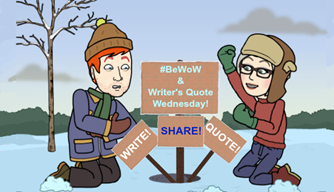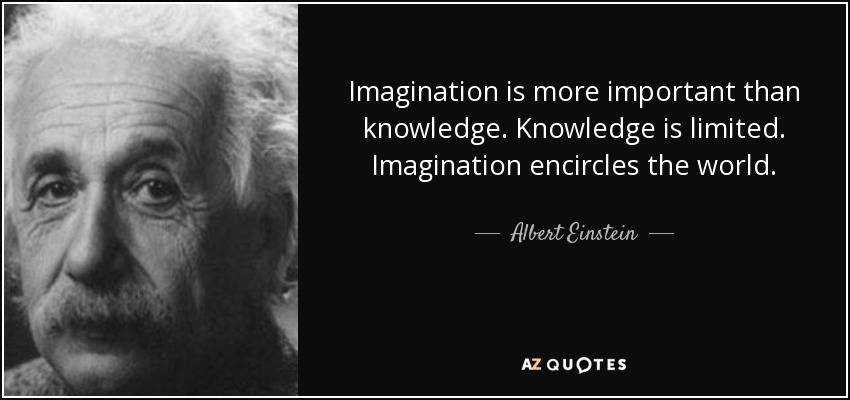by Naomi L. | March 7, 2016 | Blog, Word of the Week |
Word: indolent
Pronunciation: IN-də-lənt
Part of Speech: adjective
Definition: wanting to avoid activity or exertion; lazy
Source: Oxford Dictionaries
…and as for Mr. Hurst, by whom Elizabeth sat, he was an indolent man, who lived only to eat, drink, and play at cards…
– Pride and Prejudice (Jane Austen, 1813)
Oh yes, I’m learning so many new words from Pride and Prejudice! Similar to last week’s entry, today’s Word of the Week comes from a description of one of the story’s supporting characters, this time Mr. Hurst. While dining with Bingley and company during her stay at Netherfield, Elizabeth finds herself seated next to Mr. Bingley’s brother-in-law, a gentleman so dull and lazy that his interests are limited to dining and playing cards. At one point in the story, when everyone else in the room is too preoccupied with books and conversation to play cards with him, he uses the time to take a nap on the sofa instead! Small wonder such an “indolent” character never made it into the films!
An “indolent” person is someone who likes to avoid activity, that is, who is inherently lazy. The word arose in the mid 17th century and comes from the Latin noun indolentia, meaning “freedom from pain”. This noun is composed of the particle in “not” and the verb dolere “to suffer pain”.
The word “indolent” is primarily used to describe people, but it also serves a function in medical terminology as a definition for a disease condition that causes little or no pain. More specifically, it can also refer to a persistent ulcer that is “slow to develop, progress, or heal”. It shouldn’t be confused with the adjective “insolent”, which means “showing a rude and arrogant lack of respect”, though I suppose in certain cases a person can appear to be both. If you can find inspiration in people who are lazy to the point of actively avoiding activity or exertion, you may have room for some “indolent” characters in your stories!
What are your thoughts on this word? Any suggestions for future “Word of the Week” featured words?
by Naomi L. | March 4, 2016 | J.C. Wolfe's Writing, Short Stories |
I really thought amplifying DNA would be easy. Molecular biology seemed simple enough in theory: extract, amplify, sequence, analyze. But I had no idea how difficult it would be to work with so many variables.
After my third failed polymerase chain reaction attempt, I started to wonder what I could be doing wrong.
Was I using the right concentrations of each reagent? Buffer at 1X, MgCl2 at 1.5mM, dNTPs at 200µM each?
Were the primers optimized for my DNA template? Had they been designed for the correct gene? Did they have the right length, melting temperatures, GC content?
Were the PCR cycles optimized? Was I using an annealing temperature within a few degrees of the primers’ melting temperatures? Were the denaturation and extension times long enough to assure proper replication of the DNA fragments?
Was the electrophoresis gel being prepared and run correctly? 1% agarose gel with GelRed in TAE buffer, run for about 10V per centimeter between the electrodes?
Or what if – shudder – the problem was in the DNA itself? What if the extraction had failed, and I’d have to start the entire project over from Square One?
No, no, calm down, I told myself. One step at a time. First, eliminate the variables you know aren’t the problem. There’s no reason the extraction should have failed; the quantification returned optimal concentrations of DNA. These are the same universal primers used in countless other studies, specifically designed for the cytochrome-b gene. The thermocycler and the electrophoresis apparatus have already worked before. There’s nothing wrong with the gel because the ladder and primers appear in the UV photos. That’s already five ticks off the checklist.
Now start with a positive control, a sample you know has worked with these primers before. PCR #4: did it fail to amplify along with the others? Yes. Good, then the problem isn’t the DNA.
Next step: new aliquots. Replace the water, the buffer, the MgCl2, the dNTPs, even the primers. Everything must be fresh to minimize contamination. Double-check the concentrations before preparing the mix. PCR #5: still no bands in the gel. No problem; just move on to the next step.
Try altering the reagent concentrations. Use more DNA template, double the primers, increase the amount of MgCl2. PCRs #6-8: nothing. Don’t panic, it’s all part of the process. You’re zeroing in on the problem now.
Adjust the PCR procedure. Increase the number of cycles, raise the annealing temperature in increments of 2ºC, lengthen the initial denaturation and final elongation steps. PCRs #9-12: still nothing. It’s okay, every failure is just another step closer to success. These tears are totally normal; nothing to be ashamed of.
For weeks, I tried everything I could think of. I replaced the reagent aliquots three times. I used half a dozen standard PCR procedures from various troubleshooting references. I ran gradient tests and touchdown tests and hot-start tests. Zero, nothing, zip.
Finally, after over a month of PCR attempts and no results to show for it, I was at my wit’s end. One morning, when I was alone in the lab, I broke down into a sobbing mess. I couldn’t look at the thermocycler anymore, that beast of a machine that I had to work with every day. I felt like a knight facing off against the same dragon over and over, knowing that hours of battling would only get me burnt every single time.
So I resolved to take a break from it all. No more PCRs for a while, not until I could work up the energy to start trying again. Today, I would just sit at the desk and read papers while indulging in a bag of cookies. Stale cookies. Really stale cookies. Seriously, how old were these?
I turned the bag over to check the date on the back…and that was when it hit me. Could it be? Immediately I dropped the bag and ran to the freezer. The stock solutions were stored in the back of the bottom shelf; I searched through them one by one until at last I found what I was looking for, printed clear as day inside the lid of the Taq DNA polymerase box. “Expiration date: Oct 2010.” Of course! No wonder none of my reactions were working: the enzyme was over five years old!
My first grin in weeks spread across my face, and I was suddenly overcome with an urge to shout “Eureka!” I hurried to my professor’s office and told him about the expired reagent. He quickly ordered a new stock and it arrived within two weeks. Sure enough, the next PCR I ran yielded the most beautiful set of bright DNA bands I had ever seen in a gel. I wanted to kiss that UV photo. My very first successful DNA amplification! And it only took two months longer than expected.
Never again will I underestimate the work of a scientist. Molecular biology may seem simple in theory, but having learned my lesson the hard way, next time I’ll be prepared for the challenge of working with too many variables.
by Naomi L. | March 2, 2016 | Blog, Creative Writing |
So I just discovered Silver Threading‘s Writer’s Quote Wednesday blogging event, a collaboration with Ronovan Writes‘ Be Writing on Wednesday event, and I thought to myself, “Hey, that sounds like fun! Maybe I should give it a try!” I do love quotes, after all, and writers can never have or share too much creative inspiration!

The quote I chose to share for this event is one of my all-time favorites: Albert Einstein’s wise words on the importance of imagination compared to knowledge.

I am enough of an artist to draw freely upon my imagination. Imagination is more important than knowledge. Knowledge is limited. Imagination encircles the world. – Albert Einstein
I first read the short version of this quote on a poster hanging in my seventh grade Science teacher’s classroom, and I remember that it instantly inspired me, especially since I had already decided by then that I wanted to be both a writer and a scientist. I always liked to believe that I could draw from both these sides of myself to succeed in life, that the imaginative artist in me would empower the knowledgeable scientist and vice-versa. This quote validates my belief that the power of the human mind is more than just what a person knows, and having come from one of the most brilliant minds in the world makes it all the more motivating. To this day, Einstein’s words remind me of the true meaning of education and intelligence: it’s not the number of facts you can memorize that matters, but the capacity you have to think and explore beyond the limits of this restricted world. Fellow writers, take heart: if you’re brave enough to set your imagination free, you can accomplish anything!
What’s your favorite inspirational quote? Be sure to check out #WritersQuoteWednesday and #BeWoW to share it with the rest of us!
#WritersQuoteWednesday is a weekly blogging event by Colleen Chesebro of Silver Threading. #BeWoW is a weekly blogging event by Ronovan Hester of Ronovan Writes. Be sure to check out both these authors’ blogs for your weekly dose of inspiration! Happy writing!




Recent Comments